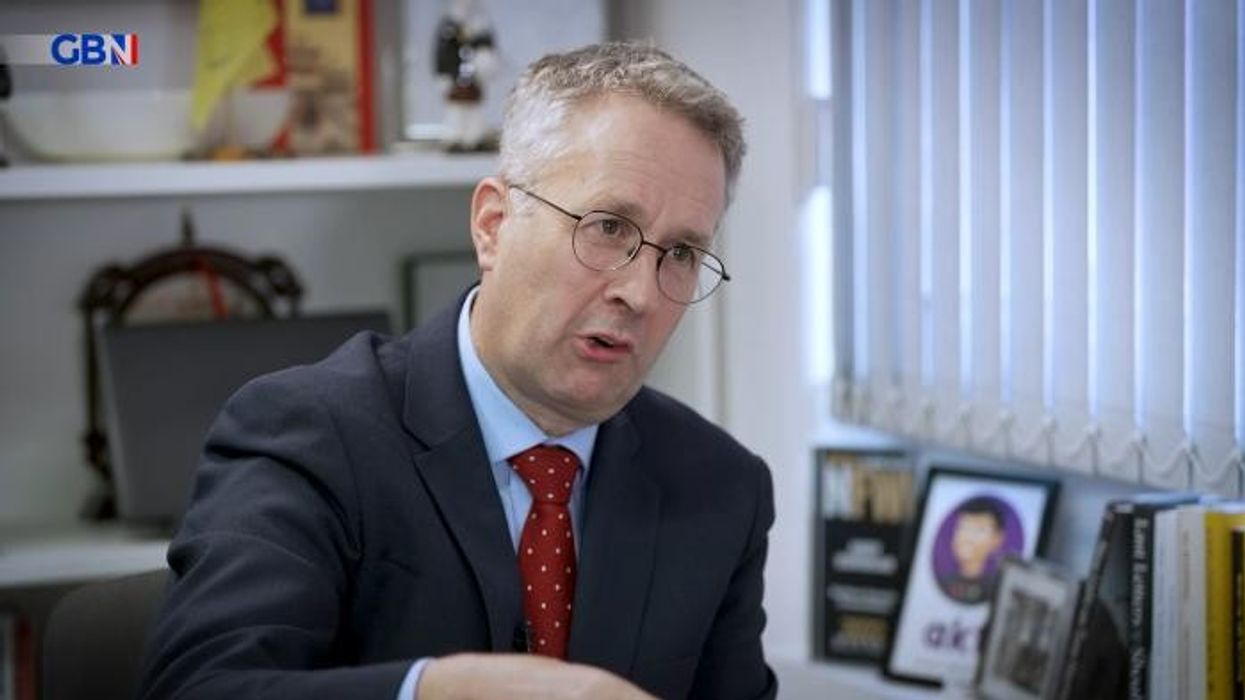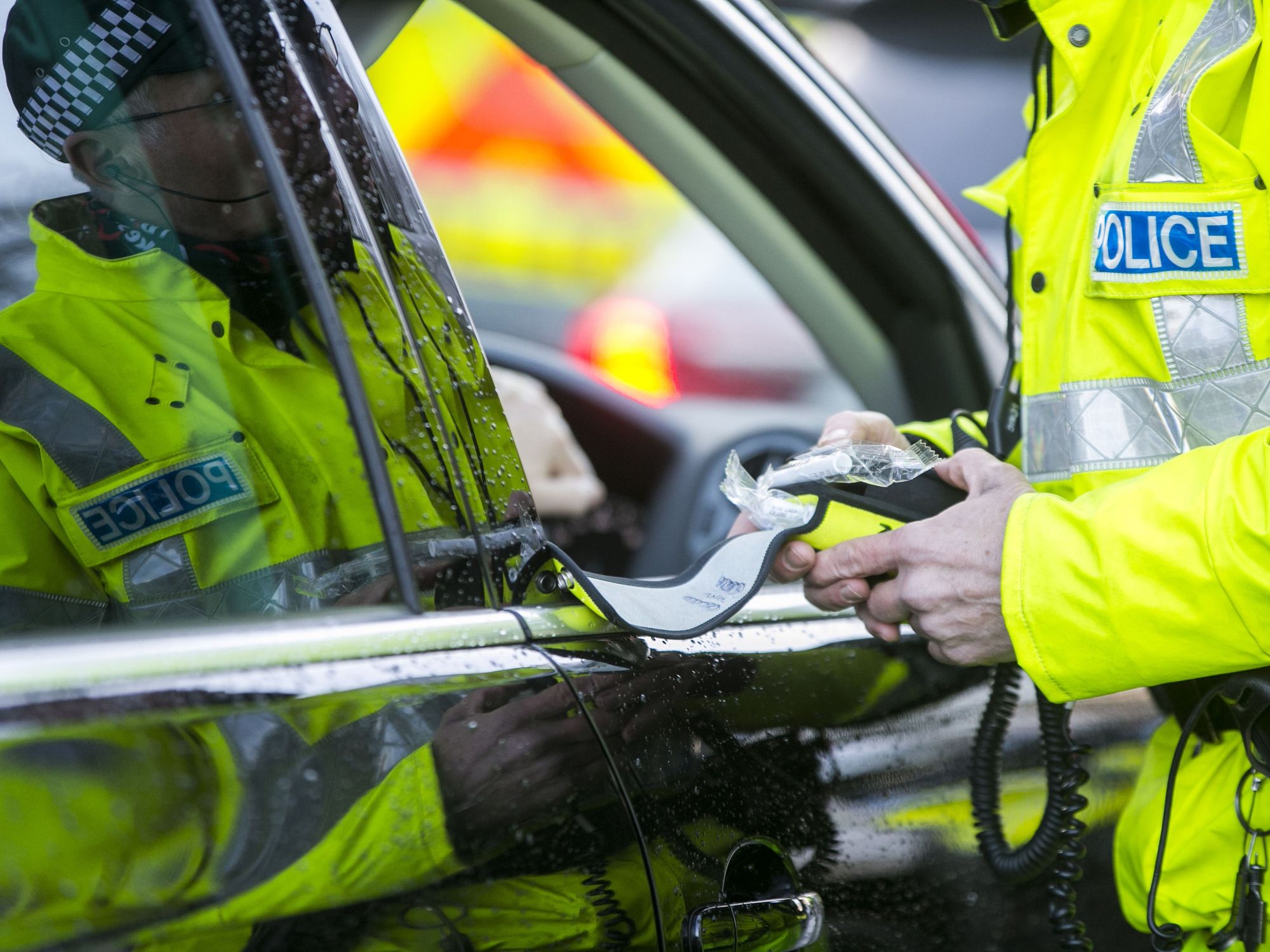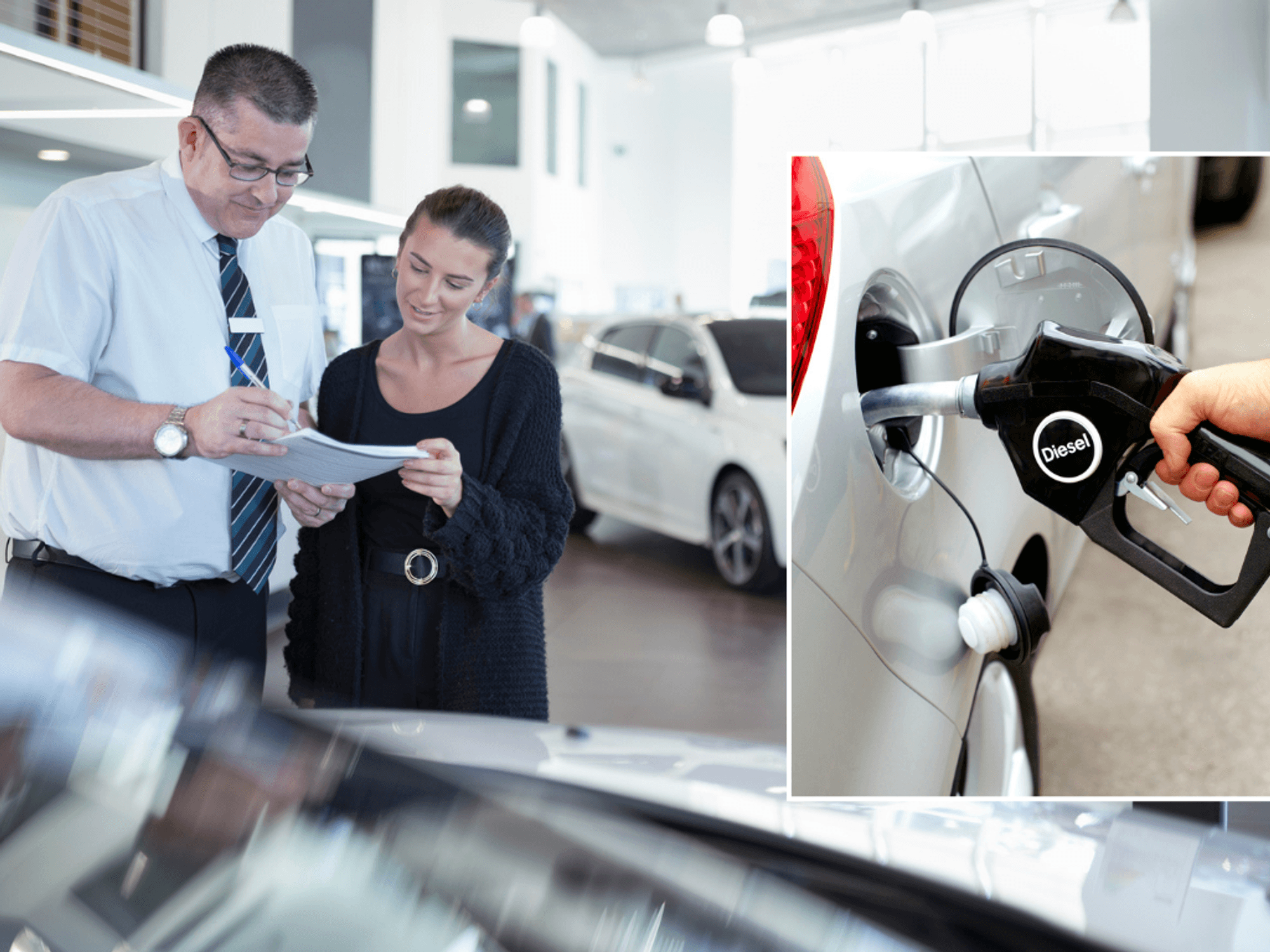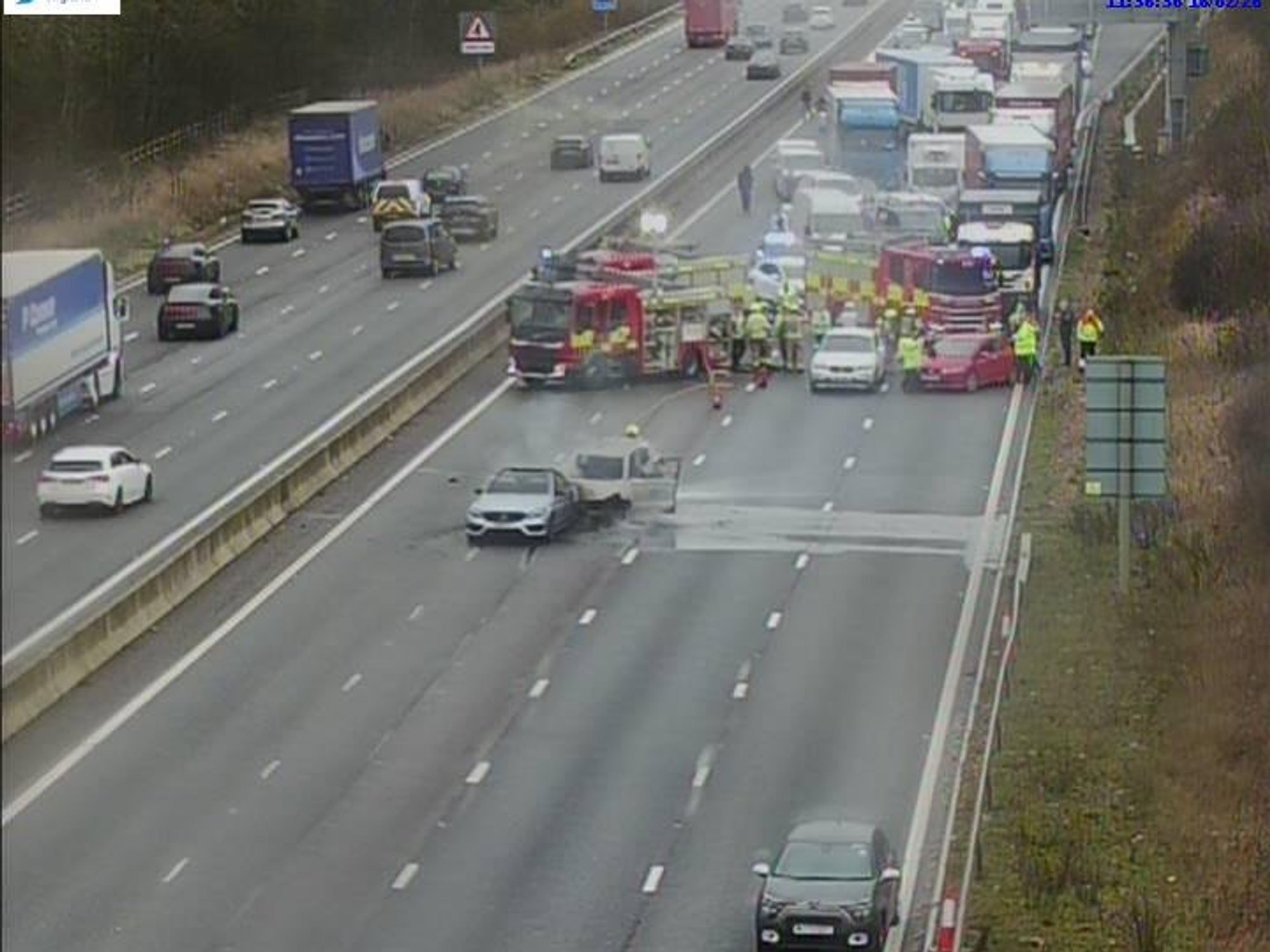Manchester Clean Air Zone slammed for 'keeping older, more polluting' vehicles on the road

LEVC pledged £3million towards the electrification of taxis in Greater Manchester
Don't Miss
Most Read
One of the UK's leading electric vehicle manufacturers has slammed the decision to delay the rollout of Greater Manchester's Clean Air Zone.
It was announced in January that the Greater Manchester Combined Authority would not levy any additional charges against drivers, opting for an investment-led plan instead.
Clean Air Greater Manchester said people around the area would see 117 new lower and zero emission buses as part of an £86million scheme to improve air quality in the region.
The authority submitted plans for an investment-led scheme, instead of a charging scheme for the most polluting petrol and diesel vehicles, as has been done in other cities like Birmingham, Bristol and Portsmouth.
Do you have a story you'd like to share? Get in touch by emailing motoring@gbnews.uk
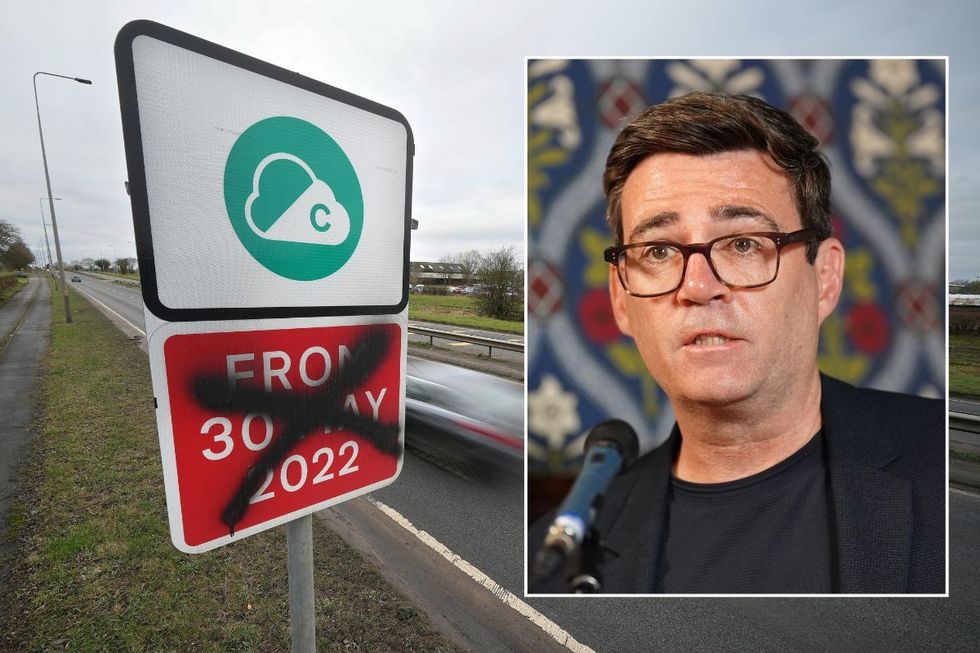
LEVC has criticised the delay to Greater Manchester's clean air plans
|GETTY/PA
As part of the investment-led package, £8million was allocated to support moving Greater Manchester's taxi fleet to cleaner vehicles.
Mayor of Greater Manchester Andy Burnham pledged the decision to go ahead with a funding-based model, praising the cooperation with Environment Secretary Steve Reed and Transport Secretary Heidi Alexander.
He said: "We will now continue to work towards an all-electric bus fleet whilst investing in local traffic measures and supporting our GM-licensed taxi drivers to upgrade to cleaner vehicles."
However, LEVC, the UK's leading manufacturer of electric taxis, has criticised the delay to the rollout of a Clean Air Zone in Greater Manchester amid claims it has slowed the transition to electric taxis.
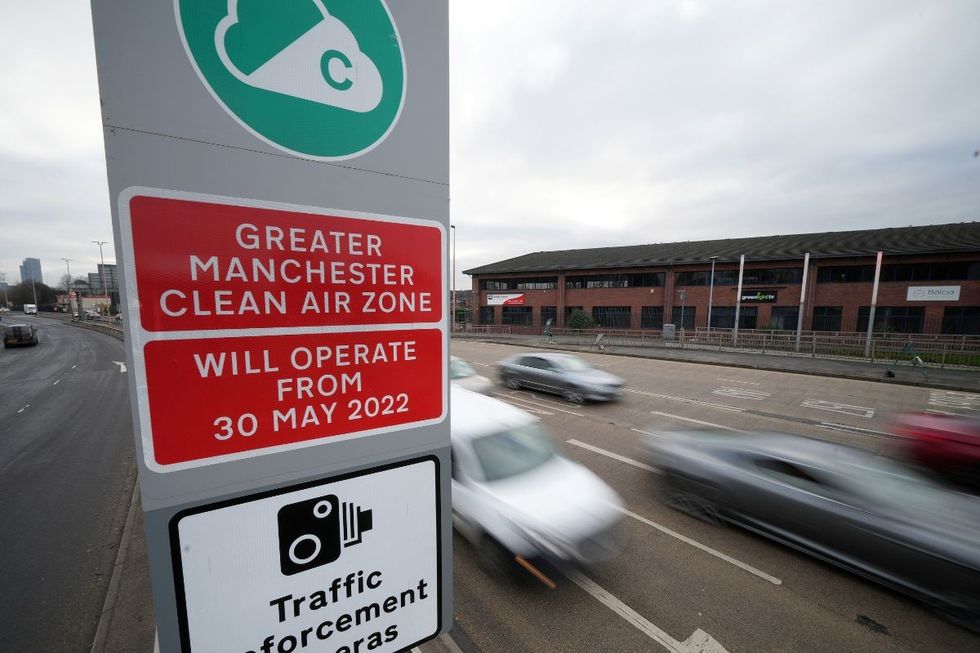
Plans for a charging Clean Air Zone in Greater Manchester were finally scrapped in January 2025
|GETTY
Chris Allen, Managing Director of LEVC, said the brand was "disappointed" to learn of the delay to the clean air plans, saying the proposals would have supported drivers to transition to cleaner, wheelchair-accessible taxis.
LEVC had committed an additional £3million to boost funding for drivers across Greater Manchester, with hopes the "important scheme" will launch by the end of 2025.
He added: "After many months of consultation, this delay prolongs the risk of poorer air quality in the region and unnecessarily keeps older, more polluting taxis and private hire vehicles on the road.
"This is further compounded by Manchester City Council's recent decision to extend the vehicle age limit to 17 years."
Manchester has a fleet of more than 1,000 non-compliant petrol and diesel taxis, with LEVC highlighting that these could be replaced with its TX model. The vehicle is the "only purpose-built taxi designed to fully meet the Manchester Conditions of Fitness".
The LEVC TX was first launched in 2018 and has contributed to thousands of taxi drivers being able to ditch polluting vehicles and operate zero emission taxis instead.
The electric taxi has already prevented more than 300 million kilogrammes of CO2, with over 11,000 of its electric taxis sold across the world.
Allen concluded: "LEVC has proudly supported the UK’s iconic taxi trade since 1908 - evolving in name and technology but never wavering in its commitment to drivers and the industry.
LATEST DEVELOPMENTS:
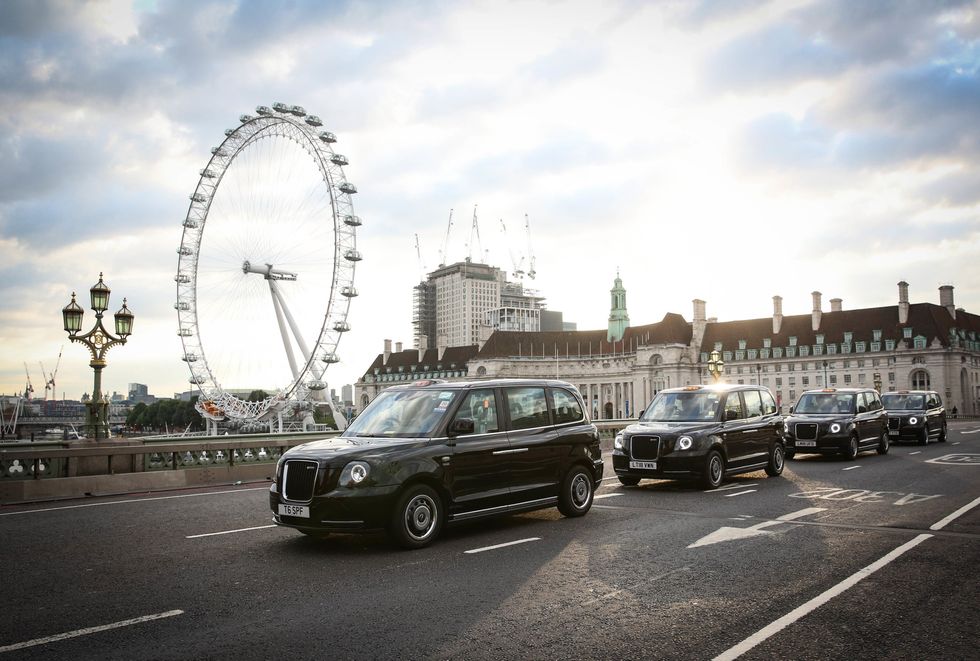 LEVC has thousands of electric cabs on the road across the country | PA
LEVC has thousands of electric cabs on the road across the country | PA"We understand the challenges drivers face when transitioning to more sustainable transport and remain committed to working collaboratively with councils in Manchester - and cities across the UK - to deliver safe, accessible, and future-ready mobility for all."


